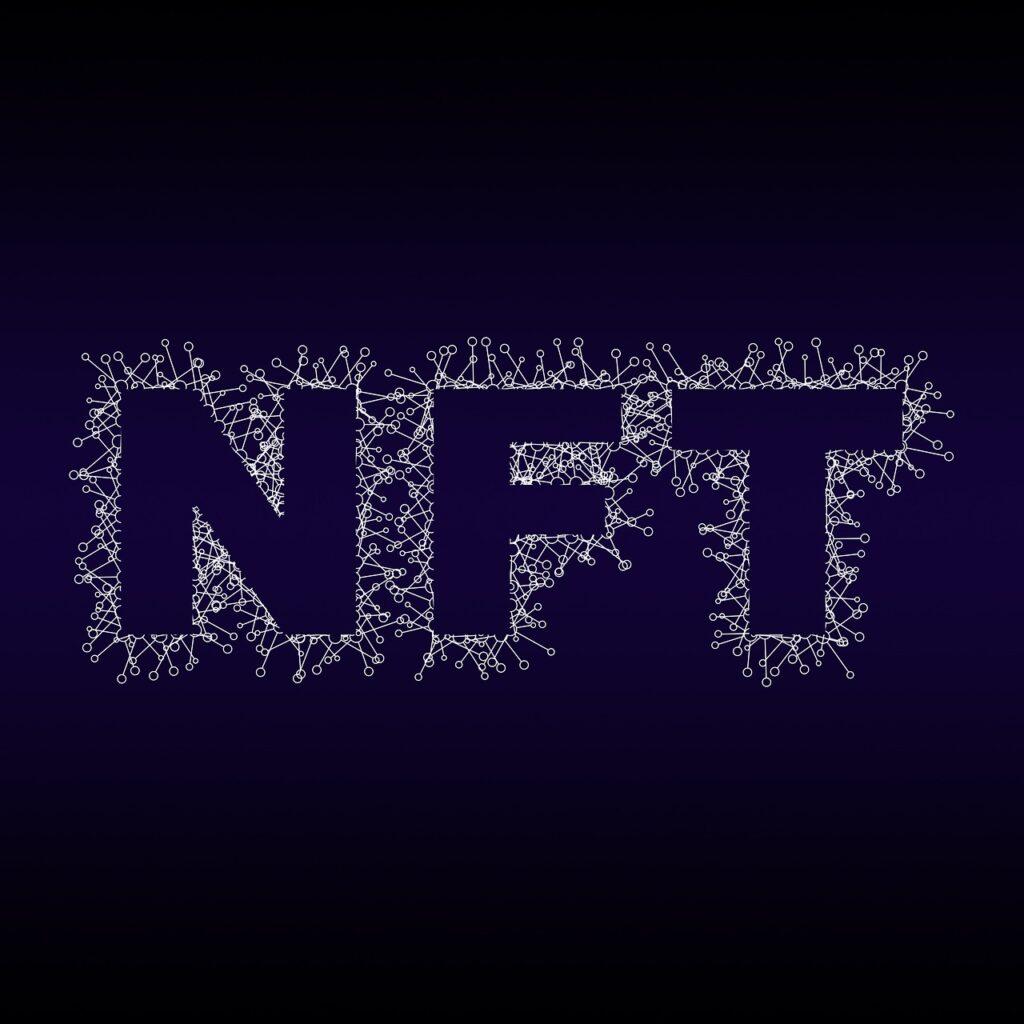Introduction
The rise and fall of NFT (Non-Fungible Token) hype have been a rollercoaster ride in the digital world, but a recent study has shown that institutions and global brands still see promise in NFTs. In India, a country known for its diverse socio-economic status and rich cultural tapestry, NFTs are emerging as an intriguing prospect. This blog explores the study’s findings, delves into India’s socio-economic context, and discusses recent government regulations and incentives that might shape the NFT landscape.
The Allure of NFTs in a Global Context
NFTs are unique digital assets that represent ownership of a specific item, piece of art, or collectible in the digital realm. While the initial NFT frenzy might have cooled down, institutions and global brands have recognized the potential of NFTs as a new medium for engagement, ownership, and authenticity. These tokens offer a digital certificate of authenticity and ownership, making them particularly appealing for art, entertainment, and collectibles.
The Socio-Economic Landscape of India
In India, where socio-economic disparities are glaring, the world of NFTs presents both opportunities and challenges. Let’s explore how NFTs intersect with the socio-economic fabric of the nation:
Artistic and Cultural Expression: India’s rich cultural heritage and diverse artistic talent create a fertile ground for NFTs. Artists and creators, regardless of their socio-economic status, can potentially benefit from the direct sale of digital art through NFTs.
Financial Inclusion: NFTs have the potential to provide financial opportunities for creators from all backgrounds, thus contributing to financial inclusion and economic empowerment.
Access and Education: The success of NFTs relies on access to the internet and a certain level of digital literacy. In a country with uneven access and digital skill levels, these factors can be barriers to entry.
Government Regulations and Incentives
The Indian government has shown increasing interest in regulating the cryptocurrency and NFT space, recognizing its growing importance. Recent developments include:
Cryptocurrency Bill: The Indian government has been working on a comprehensive bill to regulate cryptocurrencies, which includes NFTs. This legislation aims to strike a balance between consumer protection and fostering innovation.
GST Clarification: The Goods and Services Tax (GST) Council recently clarified that NFTs are not subject to GST, providing clarity on their tax treatment.
Encouraging Blockchain Technology: The government’s focus on promoting blockchain technology as part of the “National Blockchain Strategy” could potentially facilitate the growth of the NFT sector.
Conclusion
The allure of NFTs remains strong for institutions, global brands, and creators worldwide, even in the face of fluctuating hype. In India, the potential of NFTs is deeply entwined with the socio-economic fabric of the nation. By embracing NFTs, India has the opportunity to empower artists, foster financial inclusion, and leverage its cultural richness. The recent government regulations and incentives, while aiming to ensure accountability, also provide a framework for NFT growth. As the NFT landscape continues to evolve, India stands at the threshold of a promising digital frontier that has the potential to reshape its socio-economic landscape.
